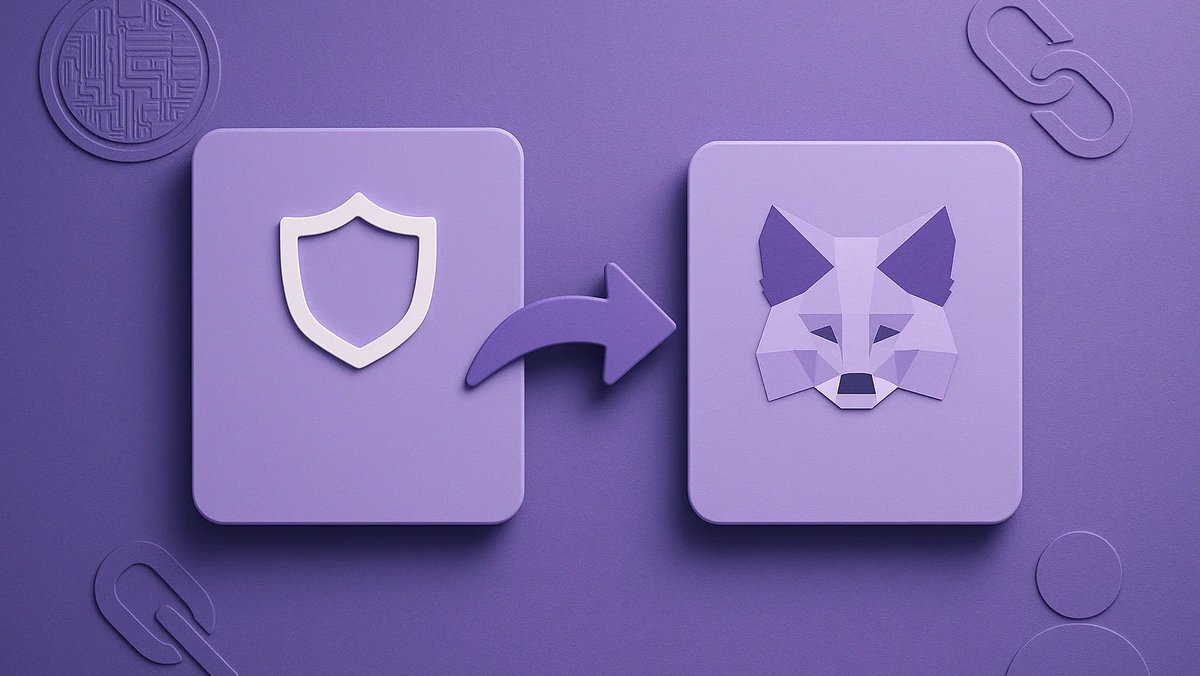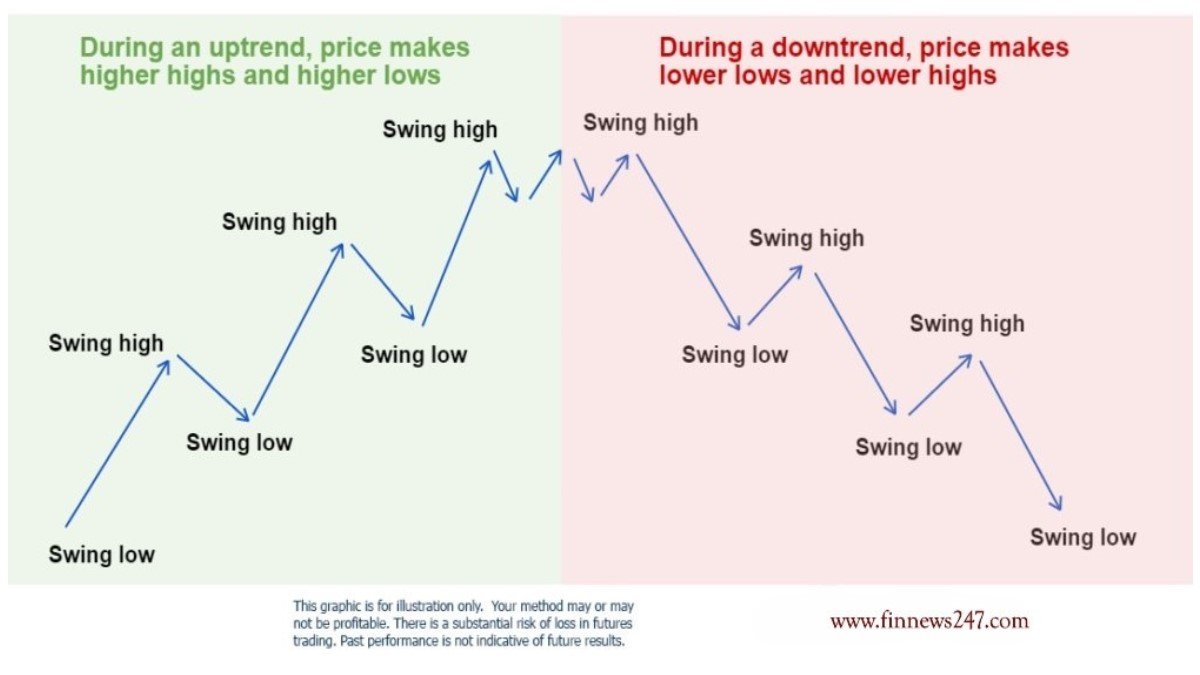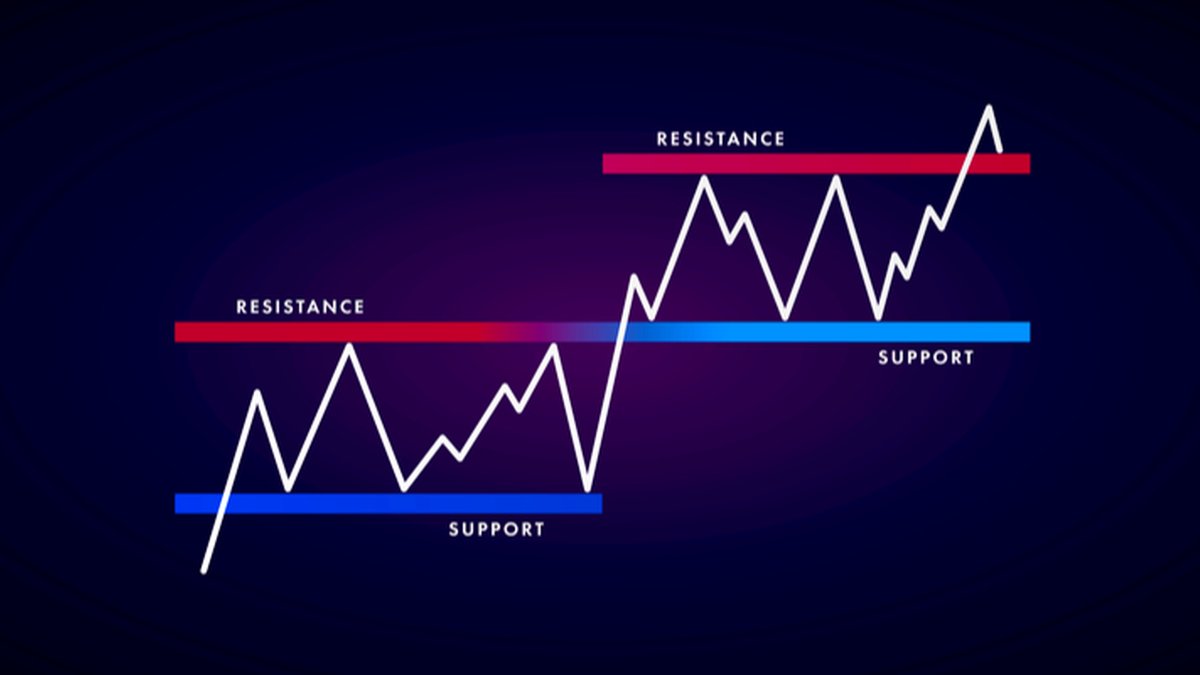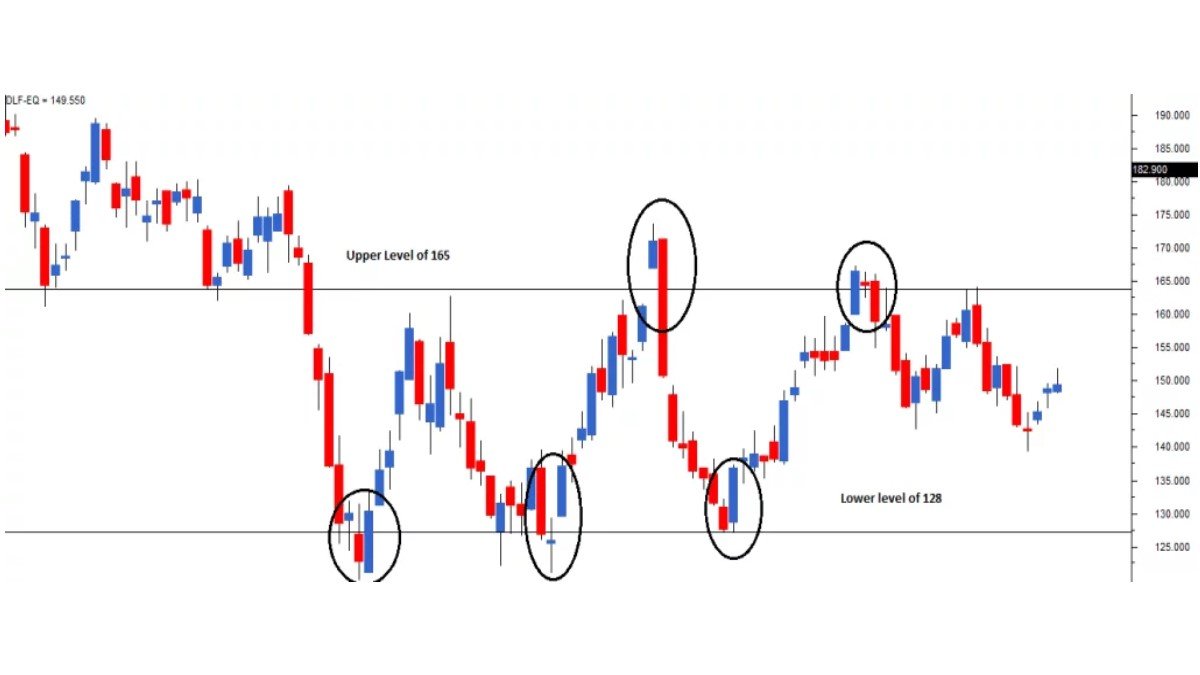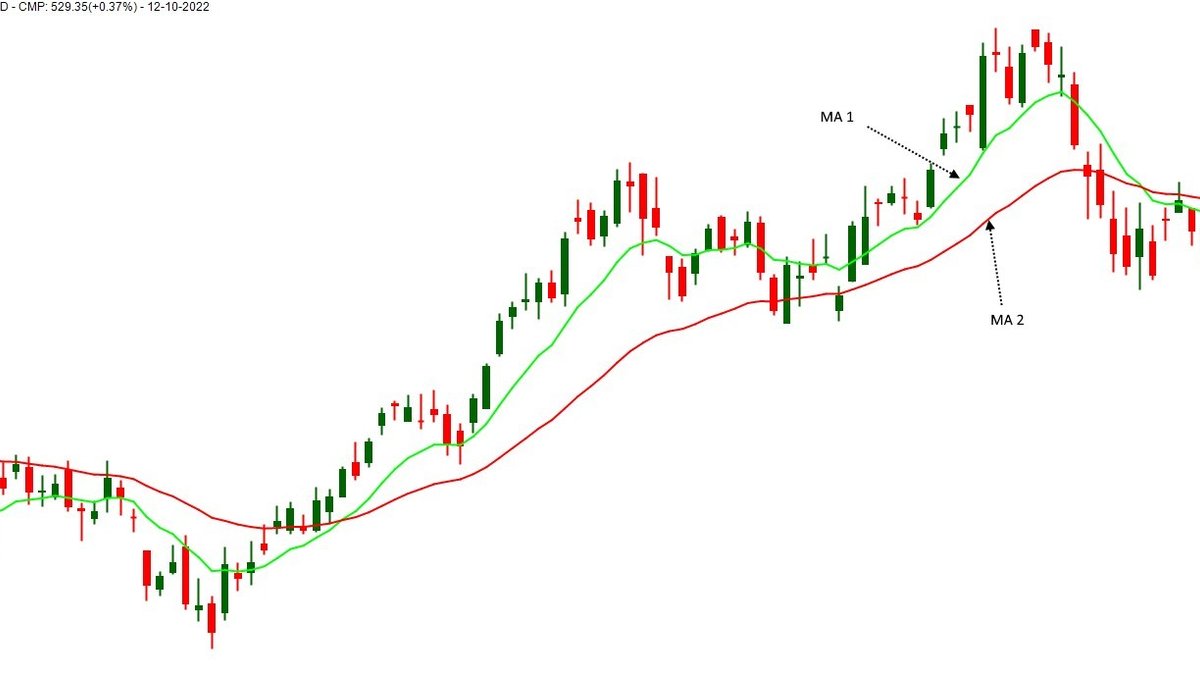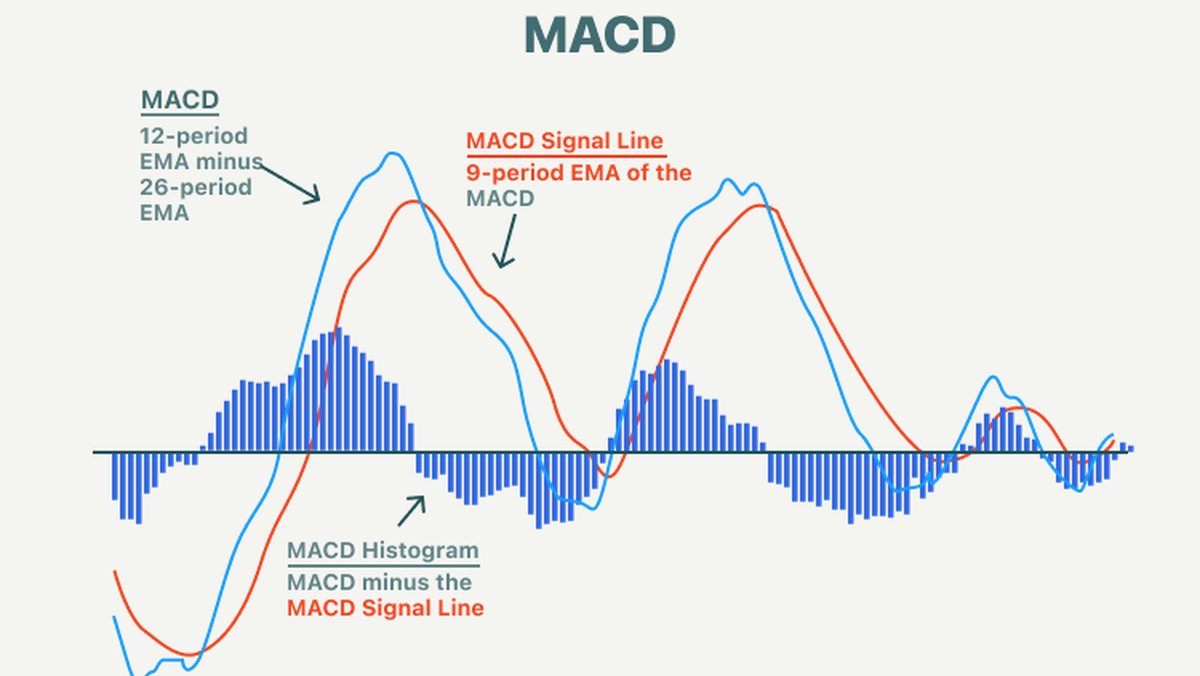MetaMask vs Trust Wallet: A Practical Guide for DeFi and Crypto Users
MetaMask and Trust Wallet are two of the most widely used non-custodial wallets for Web3. Both let you hold tokens, manage NFTs, and connect to decentralized applications (dApps). Yet they excel in different environments: MetaMask shines on desktop with tight browser integration for advanced DeFi workflows, while Trust Wallet prioritizes a mobile-first experience with broad multi-chain coverage and built-in staking.
Quick Verdict
- Choose MetaMask if you mostly use a desktop browser, interact with many dApps on EVM chains, and want granular control over RPCs, gas, and hardware-wallet workflows.
- Choose Trust Wallet if you prefer mobile-first convenience, need wide multi-chain coverage (incl. non-EVM networks), and want simple, in-app staking and NFT management.
Both are non-custodial: you control the private keys and must safeguard your recovery phrase.
Non-Custodial Basics
Non-custodial wallets keep keys on your device, not with a centralized intermediary. This gives full control and portability, but also full responsibility for backup and security. Neither wallet can recover funds if you lose your seed phrase.
Platform & UX
MetaMask
- Browser-first (Chrome/Firefox/Brave/Edge) with a capable mobile app (iOS/Android).
- Excellent for desktop DeFi: quick dApp connections, custom networks, and advanced gas controls.
- Built-in Swap aggregator and streamlined signing flows for frequent on-chain actions.
Trust Wallet
- Mobile-first experience with an in-app dApp browser and simple flows for sending, swapping, and staking.
- Supports many chains out of the box; a good fit for users who hold assets beyond Ethereum’s EVM ecosystem.
- A browser extension exists, but the overall design remains strongly optimized for mobile.
Chain Support
- MetaMask: Native support for Ethereum and EVM-compatible networks (Polygon, BNB Smart Chain, Arbitrum, Optimism, Base, etc.) via custom RPCs. Note: Non-EVM chains (e.g., Solana) are not natively supported.
- Trust Wallet: Broad multi-chain support, including EVM and many non-EVM networks (e.g., BNB Smart Chain, Solana, and others), useful for users with diverse assets.
dApp Access & Swaps
- MetaMask: Seamless desktop dApp connectivity through browser injection; strong compatibility across major DeFi protocols. Built-in swap aggregator for EVM assets.
- Trust Wallet: In-app dApp browser on mobile makes discovering and using dApps straightforward. Built-in swap features for supported chains.
NFT Management
- MetaMask: Smooth NFT handling on Ethereum and other EVM chains. Great with desktop marketplaces and mint sites.
- Trust Wallet: Multi-chain NFT display and management from mobile, helpful if your collectibles live across several ecosystems.
Staking & Earning
- MetaMask: Integrations for ETH staking (via partners) and broad EVM DeFi access for yield strategies through dApps.
- Trust Wallet: Simple, in-app staking flows for selected assets (e.g., BNB or other supported networks), designed for ease of use on mobile.
Security, Recovery, and Hardware Wallets
- Both are non-custodial and rely on a 12/24-word seed phrase. Enable biometric lock/PIN on mobile and store backups offline.
- Hardware wallets: MetaMask on desktop works well with popular hardware devices for added key isolation. Trust Wallet’s compatibility is improving (not equally available across all platforms); check your device/OS combo.
- Open source & audits: Review current repositories and security disclosures; only install from official stores and verify publisher signatures.
Fees & Costs
- Neither wallet charges custody fees. You pay network gas to miners/validators.
- Built-in swap features may include an explicit fee and/or aggregator spread—compare with external DEX quotes.
Privacy & Data
- Both support read-only dApp connections until you approve a transaction or signature.
- Limit approvals: periodically review and revoke token allowances on major networks.
- Use different accounts for testing vs. high-value holdings; avoid doxxing addresses across social profiles.
Feature Comparison
| Category | MetaMask | Trust Wallet |
|---|---|---|
| Primary Platform | Browser-first + mobile | Mobile-first (extension available) |
| Chain Coverage | EVM networks via custom RPC | Broad multi-chain incl. non-EVM |
| dApp Access | Excellent desktop injection | In-app mobile dApp browser |
| NFT Handling | Strong on EVM NFTs | Good multi-chain NFTs |
| Staking | ETH staking via partners; DeFi via dApps | Native in-app staking for selected assets |
| Hardware Wallets | Well-supported on desktop | Improving; check device/OS |
| Best For | DeFi power users on desktop | Mobile-first, multi-chain users |
Use Cases & Workflows
DeFi Power User (Desktop)
- MetaMask + hardware wallet for approvals and vault interactions on EVM L2s.
- Custom RPCs, gas tuning, and batch interactions with advanced dApps.
Mobile Investor (Multi-Chain Portfolio)
- Trust Wallet to hold assets across EVM and non-EVM chains; simple in-app staking where supported.
- Use the dApp browser for quick swaps and NFT minting on the go.
Pros & Cons
MetaMask
- Pros: Exceptional desktop dApp experience; granular control; strong hardware-wallet support.
- Cons: EVM-centric; non-EVM users will need separate wallets; learning curve for beginners.
Trust Wallet
- Pros: Mobile simplicity; broad chain coverage; convenient in-app staking and NFT views.
- Cons: Desktop workflows are less central; hardware-wallet pairings vary by platform; fewer granular controls.
Security Tips
- Back up the seed phrase offline; never share screenshots of it.
- Enable device PIN/biometrics and wallet password lock.
- Prefer hardware wallets for large balances; test small transactions first.
- Regularly review token approvals; use reputable revoking tools.
Frequently Asked Questions
Which wallet is better for DeFi? For desktop-heavy EVM DeFi, MetaMask is hard to beat. For mobile-first users who hold assets across multiple ecosystems, Trust Wallet offers a simpler experience.
Can either wallet hold NFTs? Yes. MetaMask handles EVM NFTs well; Trust Wallet offers broader multi-chain NFT display.
Do they charge fees? Both are free to use; you pay network gas. Built-in swaps may include a fee/spread.
Are they custodial? No. Both are non-custodial—you control the keys.
Do they work with hardware wallets? MetaMask on desktop integrates well; Trust Wallet support depends on platform—verify for your device.
Conclusion
MetaMask and Trust Wallet are excellent—but for different contexts. MetaMask is the power tool for desktop DeFi on EVM chains; Trust Wallet is the mobile all-rounder with wide chain support and easy staking. Pick based on your primary device, target chains, and how much control you want over advanced settings.

